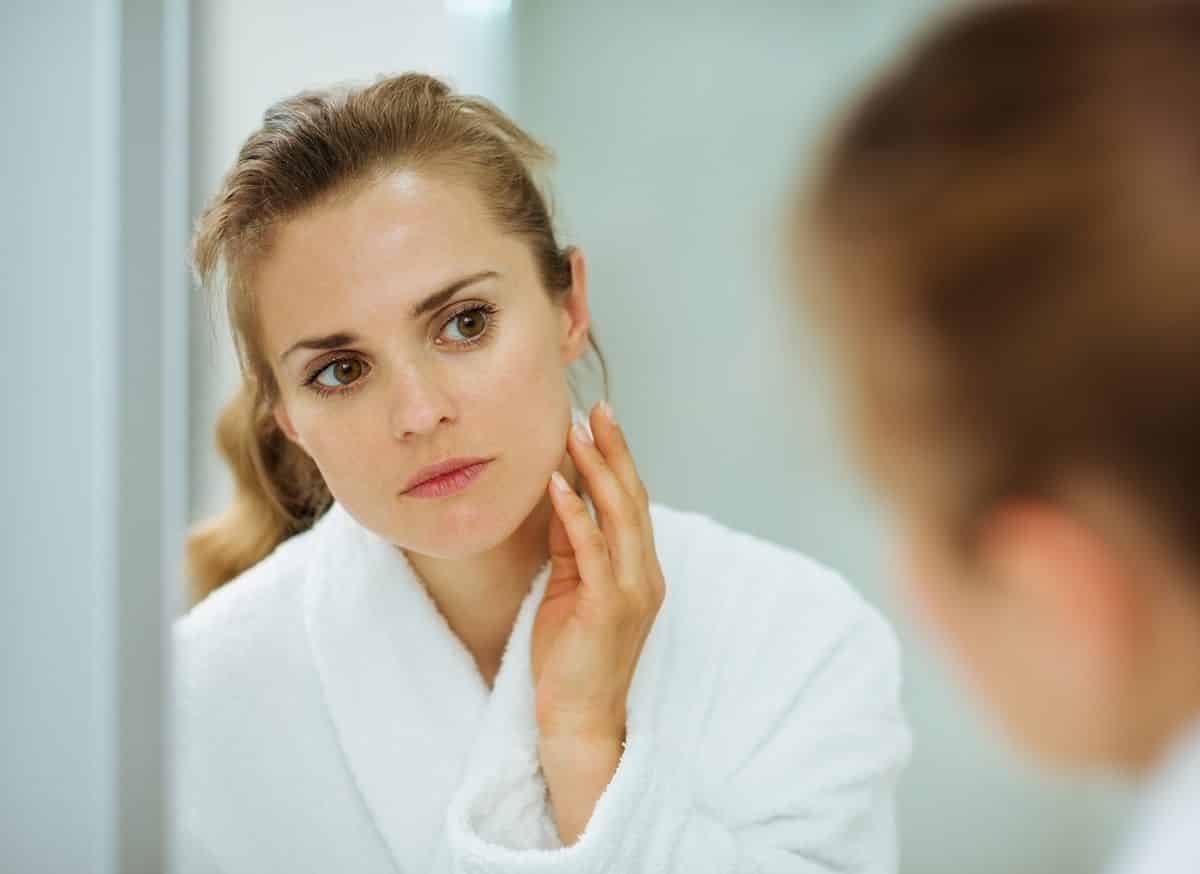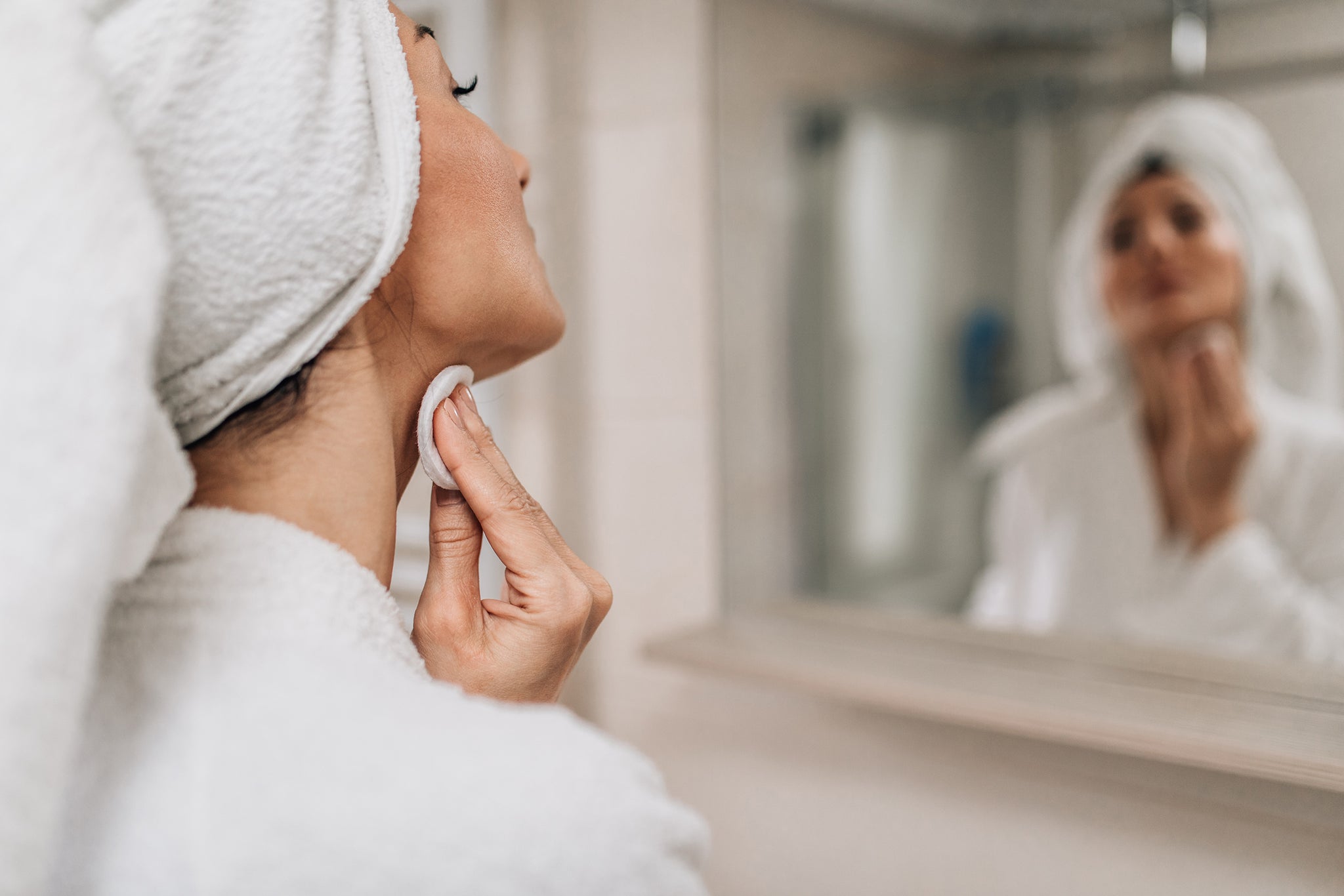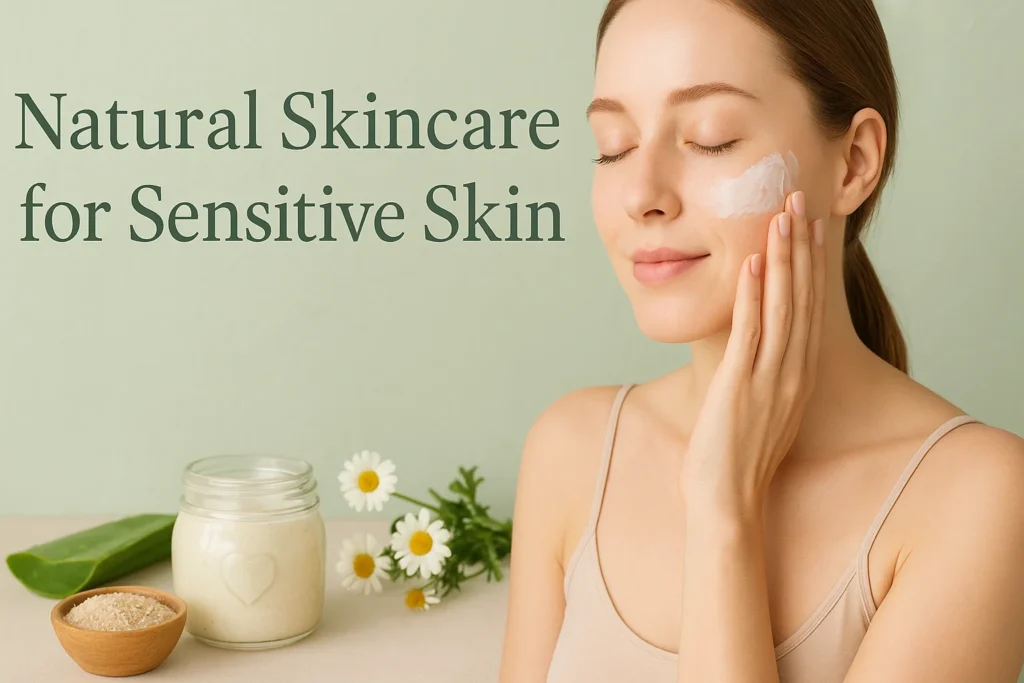In the pursuit of radiant and youthful skin, many individuals invest in elaborate skincare routines, expensive products, and professional treatments. However, one often-overlooked factor plays a pivotal role in maintaining skin health: sleep. The relationship between sleep and skin health is profound, and understanding it can help individuals unlock the secret to a glowing complexion. This article delves deep into the intricate connection between sleep and skin health, highlighting the science, benefits, and tips for optimizing both.
The Science Behind Sleep and Skin Health
Sleep is a restorative process essential for the body’s overall well-being, and the skin, being the largest organ, is no exception. During sleep, the body undergoes several physiological processes that directly impact skin health:
- Cellular Repair and Regeneration:
- Sleep triggers the release of growth hormones, which are vital for cell repair and regeneration. These processes repair the damage caused by daily exposure to environmental stressors like UV rays, pollution, and toxins.
- Skin cells produce more collagen during sleep, a protein that maintains the skin’s elasticity and firmness. Increased collagen production helps reduce the appearance of fine lines and wrinkles.
- Reduction of Inflammation:
- Sleep reduces the production of stress hormones like cortisol. Elevated cortisol levels can lead to inflammation, which exacerbates skin conditions such as acne, eczema, and psoriasis.
- A well-rested body exhibits reduced inflammation markers, promoting healthier and calmer skin.
- Hydration and Moisture Balance:
- During sleep, the body regulates fluid levels, ensuring that the skin remains hydrated. Dehydration can make the skin appear dull and accentuate signs of aging.
- The skin’s permeability increases at night, allowing for better absorption of skincare products, making nighttime routines particularly effective.
- Improved Blood Flow:
- Sleep enhances blood circulation, delivering essential nutrients and oxygen to the skin. Increased blood flow contributes to a natural, healthy glow and accelerates the healing of minor wounds or blemishes.
The Consequences of Sleep Deprivation on Skin

On the flip side, inadequate or poor-quality sleep can have a detrimental impact on skin health. Chronic sleep deprivation manifests in several visible and invisible ways:
- Accelerated Aging:
- Lack of sleep reduces collagen production, leading to sagging skin, fine lines, and wrinkles.
- Studies have shown that individuals who sleep poorly often exhibit more pronounced signs of aging.
- Dark Circles and Puffiness:
- Insufficient sleep can cause blood vessels under the eyes to dilate, leading to dark circles.
- Fluid retention due to sleep deprivation can result in puffiness, particularly around the eyes.
- Dull and Uneven Skin Tone:
- Sleep deprivation disrupts the skin’s ability to renew itself, causing a buildup of dead skin cells. This results in a lackluster and uneven complexion.
- Exacerbation of Skin Conditions:
- Stress from lack of sleep can trigger flare-ups in conditions such as acne, eczema, and rosacea.
- Reduced immune function caused by poor sleep can impair the skin’s ability to fend off infections and heal wounds.
The Role of the Circadian Rhythm in Skin Health

The circadian rhythm, the body’s natural 24-hour internal clock, regulates numerous biological processes, including those related to the skin. Disruption of the circadian rhythm, often caused by irregular sleep patterns, affects the skin in several ways:
- Barrier Function:
- The skin’s barrier is most effective during the night. Disrupted sleep can impair this function, leading to increased sensitivity and susceptibility to environmental aggressors.
- Antioxidant Activity:
- Antioxidant levels in the skin peak at night, protecting against oxidative stress. Sleep deprivation compromises this defense mechanism, accelerating skin damage.
- Sebum Production:
- The circadian rhythm regulates sebum (oil) production. Disruptions can lead to overproduction or underproduction, contributing to acne or dryness.
How to Optimize Sleep for Better Skin
:max_bytes(150000):strip_icc()/best-sleep-positions-2000-fbb395dd2e6e4877b393b3cb83037c87.jpg)
Understanding the importance of sleep is one thing; putting it into practice is another. Here are actionable tips to improve sleep quality and, in turn, enhance skin health:
- Prioritize Sleep Hygiene:
- Establish a consistent sleep schedule by going to bed and waking up at the same time every day.
- Create a sleep-friendly environment by keeping your bedroom dark, quiet, and cool.
- Incorporate Relaxation Techniques:
- Practice mindfulness, meditation, or deep-breathing exercises to reduce stress and prepare your body for restful sleep.
- Avoid stimulating activities or screens an hour before bedtime.
- Nourish Your Body and Skin:
- Avoid caffeine and heavy meals close to bedtime, as they can interfere with sleep quality.
- Stay hydrated throughout the day but limit fluid intake in the evening to prevent disruptions.
- Enhance Your Nighttime Skincare Routine:
- Use products tailored to your skin type, focusing on ingredients like retinol, hyaluronic acid, and antioxidants for maximum overnight benefits.
- Cleanse your face thoroughly before bed to remove dirt, oil, and makeup, allowing your skin to breathe and regenerate.
- Invest in Quality Sleep Accessories:
- Choose a silk or satin pillowcase to minimize friction and reduce the risk of wrinkles and hair breakage.
- Use blackout curtains or a sleep mask to block out light and support deeper sleep.
Foods and Nutrients That Support Sleep and Skin Health
Diet plays a crucial role in both sleep quality and skin health. Incorporating certain foods and nutrients can amplify the benefits of sleep for your skin:
- Tryptophan-Rich Foods:
- Foods like turkey, nuts, and seeds contain tryptophan, an amino acid that promotes the production of serotonin and melatonin, aiding restful sleep.
- Antioxidant-Rich Foods:
- Berries, spinach, and nuts are packed with antioxidants that combat oxidative stress and support skin health.
- Omega-3 Fatty Acids:
- Found in salmon, walnuts, and flaxseeds, omega-3 fatty acids reduce inflammation and improve skin barrier function.
- Magnesium-Rich Foods:
- Dark chocolate, leafy greens, and avocados contain magnesium, which helps relax muscles and improve sleep quality.
- Hydrating Foods:
- Cucumber, watermelon, and oranges contribute to hydration, keeping the skin plump and healthy.
The Synergy Between Sleep and Skincare
.webp?v=1695346602827)
The interplay between sleep and skincare is undeniable. To maximize skin health, it’s essential to integrate both into a holistic approach:
- Nighttime Skincare Products:
- Opt for serums and moisturizers with active ingredients that complement the skin’s natural repair processes during sleep.
- Consistency Is Key:
- Regular and quality sleep amplifies the effectiveness of skincare products, ensuring long-term benefits.
- Track Your Sleep:
- Use sleep trackers or apps to monitor your sleep patterns and identify areas for improvement.
- Listen to Your Skin:
- Your skin often reflects your sleep quality. Pay attention to changes in your complexion and adjust your routine accordingly.
Also read about: How to Build a Sustainable Eating Plan.
Conclusion
The connection between sleep and skin health underscores the importance of a balanced lifestyle. While topical treatments and skincare products play their roles, the foundation of healthy, glowing skin lies in adequate and restful sleep. By prioritizing sleep hygiene, embracing a nutrient-rich diet, and tailoring your skincare routine to complement your body’s natural rhythms, you can achieve lasting skin health and radiance. Remember, beauty sleep is not just a myth—it’s a scientifically-backed cornerstone of skincare.
RESOURCES
[Link to a related article “Foods and Nutrients That Support Sleep and Skin Health”]



Pingback: How to Talk to Your Partner About Reproductive Health Issues.
Pingback: Natural Skincare Routines for Women with Sensitive Skin
Hello, I’m interested in whether you are considering selling your website shecure.online. Could you please provide the asking price, average monthly traffic? I’m open to discussing further. You can reach me at ryland.rivas.1973@gmail.com for a quick conversation.